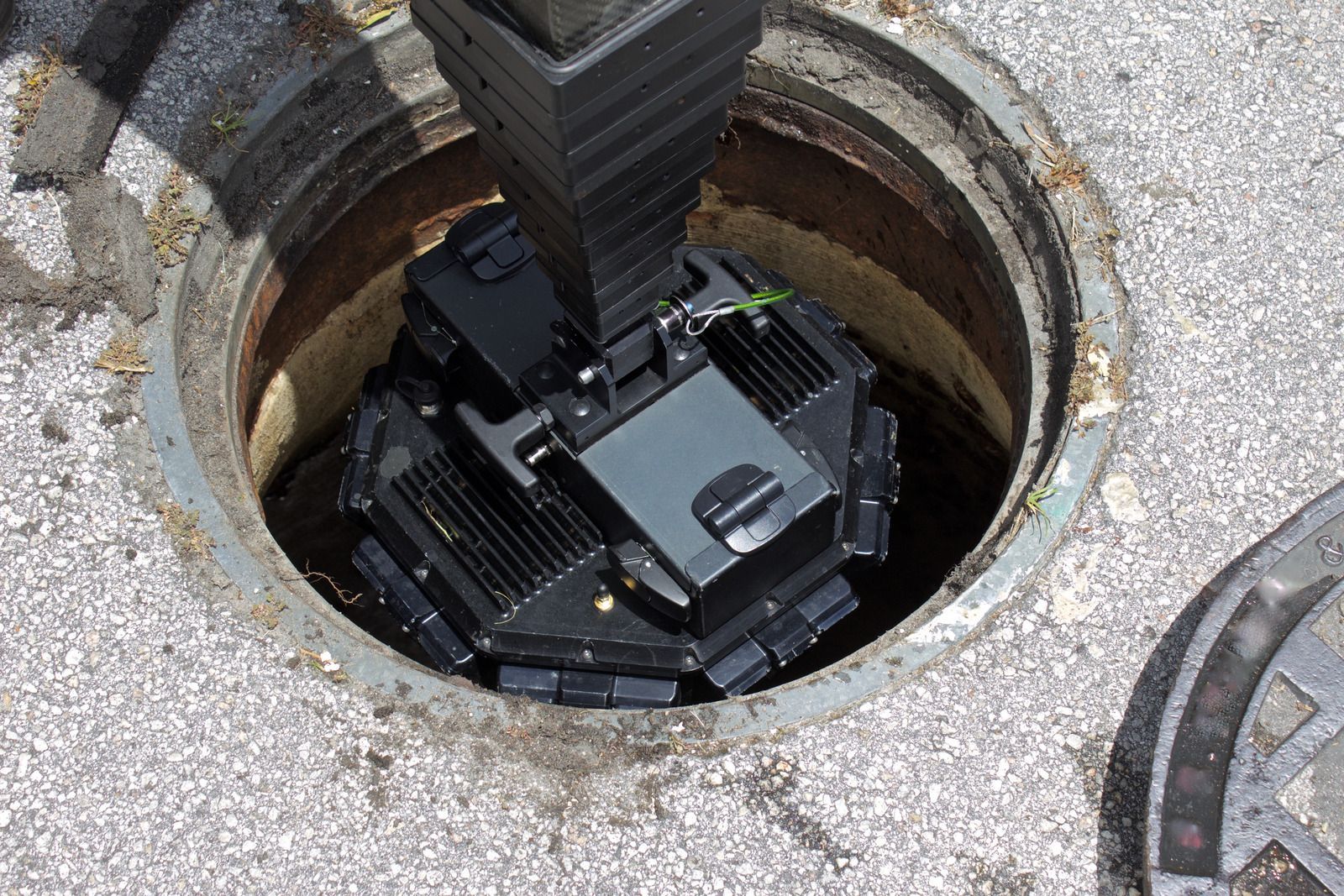Advanced Sewer Camera Inspection Service by Licensed Plumbers in Southeastern, Michigan
Slow drains and recurring backups can be frustrating. Regular drain cleaning might offer temporary relief, but what if the real issue hides deeper within your pipes? At Ready Jetter Plumbing, we use sewer camera inspections to diagnose the problem precisely. The inspection involves a high-resolution, waterproof camera mounted on a flexible cable.
We insert it into your sewer line, giving us a clear view of the interior. The camera feeds video back to a monitor, allowing our plumbers to pinpoint issues such as root intrusion, cracks, blockages, or collapsed sections. Opt for our sewer camera inspection service today to diagnose older sewer lines made of materials like clay or Orangeburg pipe that are prone to failure over time.
Give us a call today, or shoot us a message for a free estimate.
Benefits of Sewer Camera Inspection
Precise Problem Identification
Unlike drain snakes that simply clear blockages, a camera allows us to see the exact location and nature of the issue within your sewer line. This could be a stubborn clog, a build-up of debris, cracks in the pipe lining, or even tree root infiltration.
Targeted Repairs & Faster Resolution
The camera inspection eliminates the need for multiple visits often associated with traditional methods. We can assess the entire system in one go, leading to a quicker diagnosis and a targeted repair plan. No need for unnecessary digging or pipe replacements.
Cost Savings in the Long Run
Early detection of problems with your sewer line is key to preventing major issues down the road. Left unattended, small cracks can transform into severe damage. A camera inspection helps identify these concerns before the problem escalates.
Detailed Documentation
The camera footage provides valuable documentation of the problem within your sewer line. This can be helpful for future reference or when obtaining quotes for repairs from different plumbers. In addition, the document may come in handy during property transactions and insurance claims as well.
CLIENT TESTIMONIALS
Our Sewer Camera Inspection Process: A Step-by-Step Look
Access Point Selection
Our experienced plumbers will locate a cleanout – an access point specifically designed for sewer line maintenance. If no cleanout exists, we can create a temporary access point at a strategic location.
Camera Insertion
The high-resolution camera mounted on a flexible cable is carefully fed into the cleanout or access point. The cable's flexibility allows the camera to navigate bends and turns within your sewer line.
Real-Time Video Inspection
As the camera travels through the pipes, it transmits live video footage to a monitor viewable by our technician. This allows for a detailed inspection of the entire sewer line, identifying any blockages, cracks, misalignments, or root intrusion.
Detailed Report & Recommendations
Upon completion, our technician will provide a comprehensive report outlining the inspection findings. Our report will include video footage of the internal pipe conditions, along with a clear explanation of any issues discovered.
Planning & Repair
With a clear picture of the exact nature of the issue, we can plan the most effective repair strategy.
Get Crystal-Clear Sewer Camera Inspection & Expert Diagnosis Today!
Choose our real estate sewer camera inspection service in Southeastern, Michigan. Our high-resolution cameras come with advanced lighting capabilities to capture a crystal-clear view of the sewer line interiors. Before every inspection, our plumbers thoroughly clean the access point to ensure optimal video quality. Our systematic approach enables us to provide you with a detailed, documented report that not only diagnoses the problem but also serves as a valuable resource for future reference.
Connect with us today for more details.

